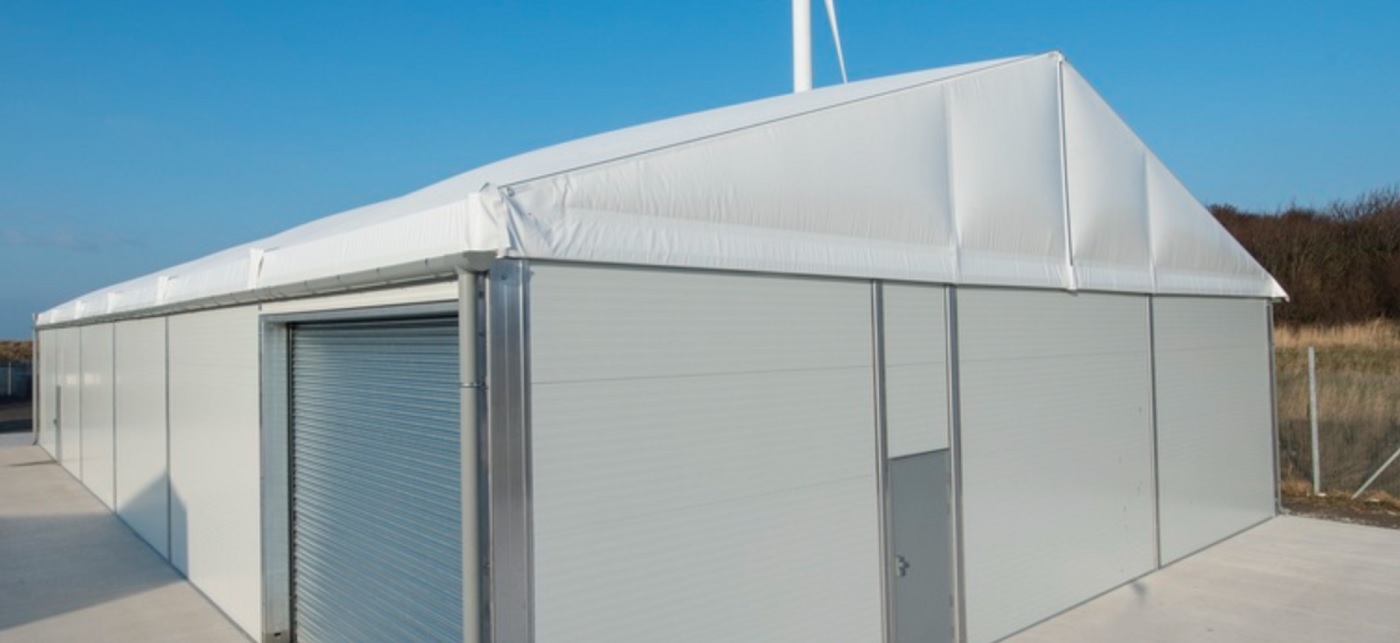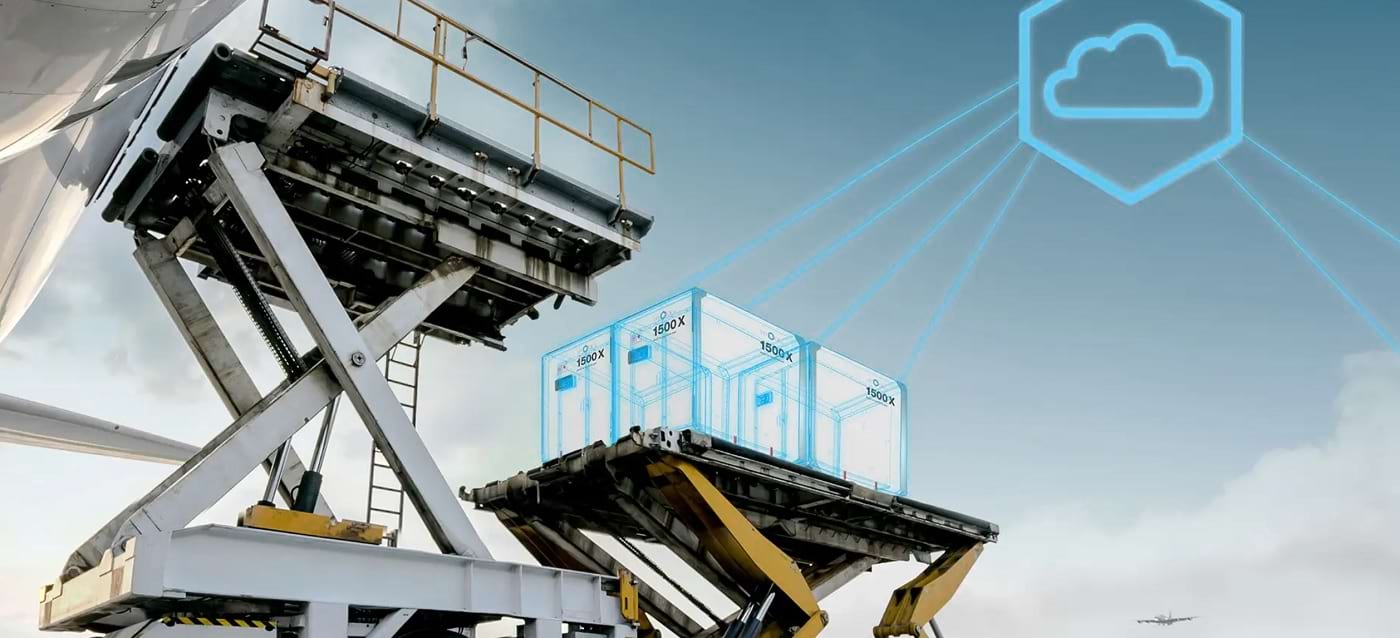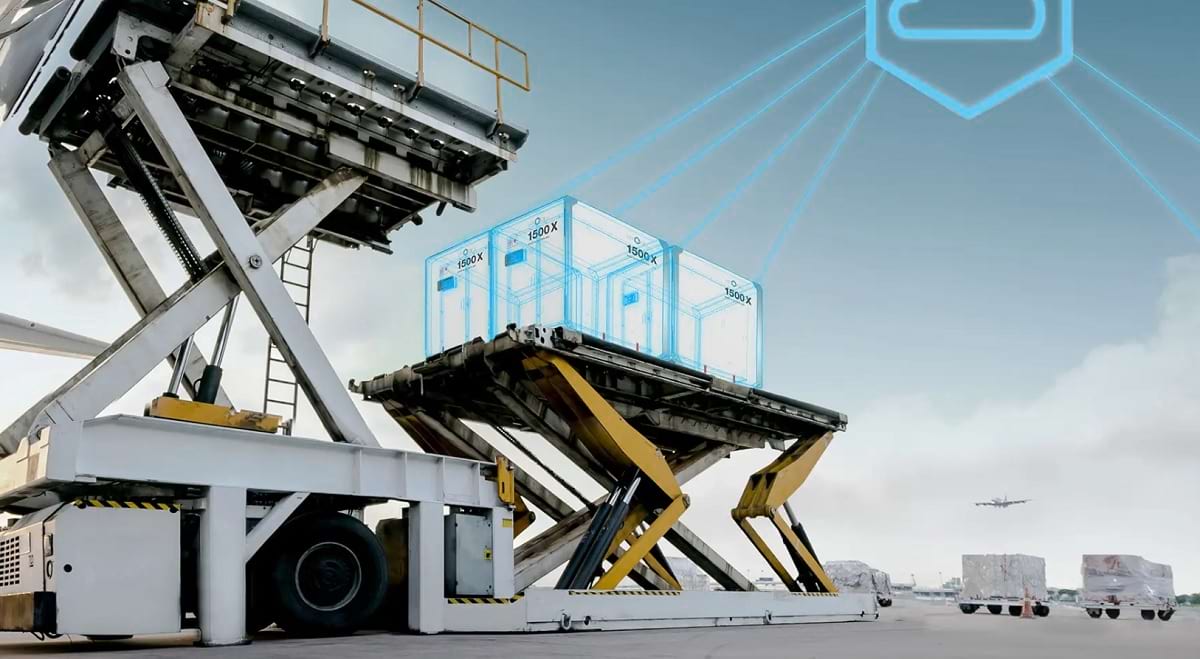Industrial sectors worldwide require flexible and cost-effective solutions for their storage and operational needs. Demountable industrial buildings and storage structures have emerged as an efficient alternative to traditional brick-and-mortar facilities.
These structures provide businesses with the ability to create additional space quickly while maintaining operational efficiency. They are particularly useful in logistics, manufacturing, and warehousing, where fluctuating demand necessitates adaptable infrastructure.
The key advantage of these demountable structures is their rapid installation process. Unlike permanent buildings that require extensive planning and lengthy construction periods, industrial tents and semi-permanent storage facilities can be erected within days or weeks. This ensures businesses can respond quickly to growth opportunities, seasonal demands, or emergency storage needs. Additionally, the ability to dismantle and relocate these buildings adds a layer of flexibility that traditional buildings cannot match.
Wide Variety of Semi-Permanent Structures Built from a Plethora of Materials
One of the primary reasons businesses opt for industrial tents for rent is the vast selection of semi-permanent structures built from a plethora of materials. These materials range from lightweight aluminum frames to reinforced steel structures and durable, weather-resistant fabric membranes. This variety ensures that companies can select a structure that perfectly suits their specific needs, whether for long-term use or short-term projects.
For industries dealing with bulk materials or equipment storage, high-strength PVC-coated polyester fabric provides excellent protection against environmental factors such as rain, snow, and UV radiation. More permanent semi-permanent structures may incorporate steel or aluminum frames with modular panels, providing enhanced security and insulation. Depending on the industry, businesses can choose between open-sided tents, closed warehouses, or hybrid solutions that offer both shelter and ventilation.
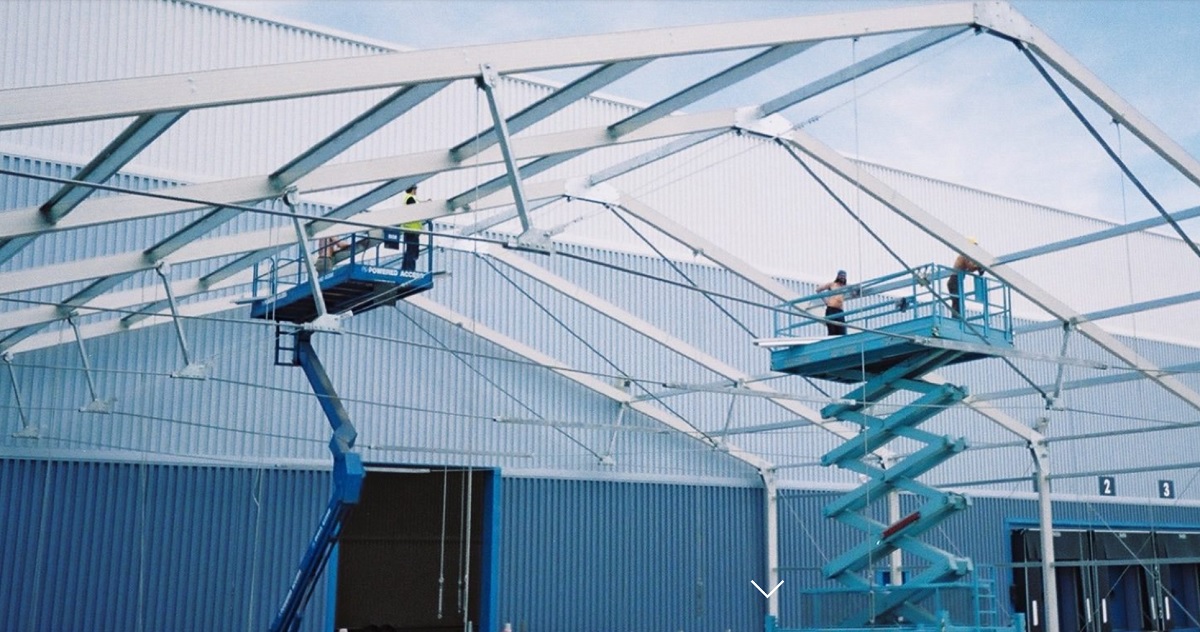
Industrial Tents for Goods: Temperature-Sensitive Storage Solutions
A significant challenge in industrial warehousing is ensuring that stored goods remain in optimal condition. Industrial tents for goods temperature-sensitive provide an effective solution by incorporating buildings made with thermo-insulated walls and ceilings. These structures are crucial for industries handling perishable items, pharmaceuticals, chemicals, and sensitive electronic components.
Thermal insulation within these structures helps maintain a consistent internal temperature, protecting goods from extreme weather fluctuations. Some advanced models even include climate control systems, such as HVAC units or humidity regulators, ensuring optimal storage conditions regardless of external temperatures. These insulated structures are particularly beneficial for food storage, where maintaining cold chain logistics is essential for preserving product quality.
Scalability: Adapting to Market Trends and Industrial Demand
In an era of rapid economic and technological change, scalability is a critical factor for businesses looking to stay competitive. One of the most significant benefits of industrial tents for rent is the opportunity to adapt to the changing market trends and demand in the industrial sector. Unlike permanent buildings that require substantial investment and long-term commitment, these modular solutions allow businesses to scale up or down as needed.
For instance, a company experiencing a sudden increase in production orders can quickly install additional warehouse space without disrupting existing operations. Conversely, during economic downturns, these structures can be downsized or repurposed, helping businesses manage costs more effectively. This level of adaptability makes industrial tents a strategic investment for industries with fluctuating demand cycles.
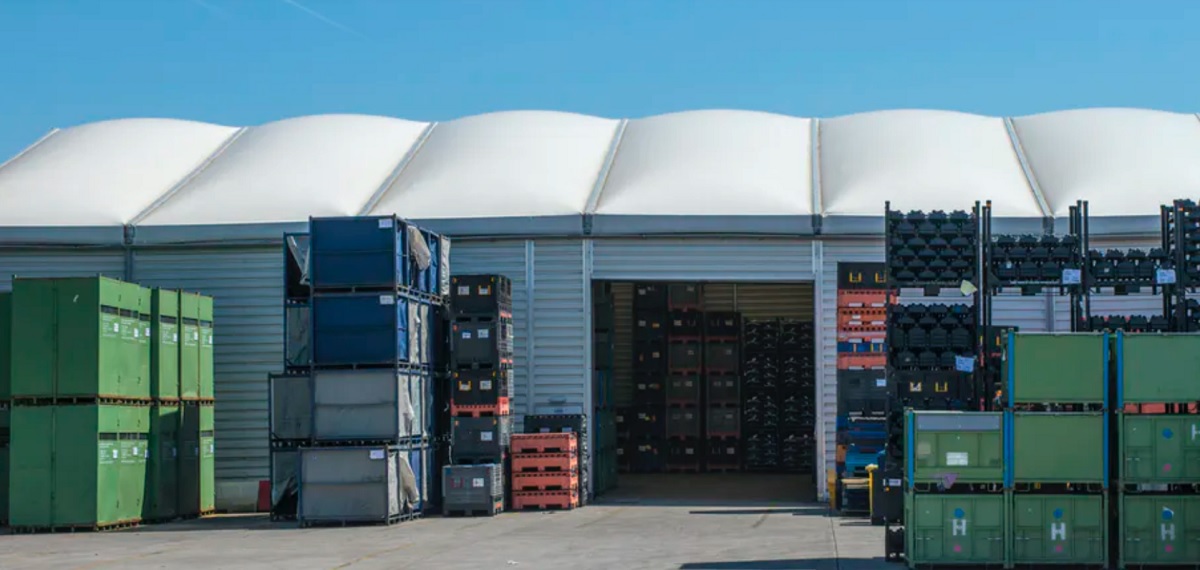
Cost-Effective and Sustainable Industrial Solutions
Beyond flexibility and scalability, industrial tents provide a cost-effective alternative to traditional construction. Renting these structures eliminates the need for large upfront capital investments, allowing businesses to allocate resources more efficiently. The rental model also provides an opportunity for companies to test different configurations before making long-term commitments.
Furthermore, many industrial tents for rent incorporate sustainable design features. These include energy-efficient lighting, solar panel integration, and rainwater collection systems. Such innovations help businesses reduce their carbon footprint while maintaining operational efficiency. Additionally, since these structures are often reusable and recyclable, they contribute to a circular economy by minimizing construction waste.
Author Profile
Latest entries
 LogisticsApril 30, 2025Revolutionizing Pharmaceutical Shipping with Innovative Solutions
LogisticsApril 30, 2025Revolutionizing Pharmaceutical Shipping with Innovative Solutions Business & FinanceMarch 31, 2025Payment Processing Solutions: The Key to Seamless Online Transactions
Business & FinanceMarch 31, 2025Payment Processing Solutions: The Key to Seamless Online Transactions Health & BeautyMarch 28, 2025The Importance of an Air Pollution Map in Modern Environmental Monitoring
Health & BeautyMarch 28, 2025The Importance of an Air Pollution Map in Modern Environmental Monitoring Health & BeautyFebruary 27, 2025Air Pollution Map: Understanding the Global Challenge
Health & BeautyFebruary 27, 2025Air Pollution Map: Understanding the Global Challenge

